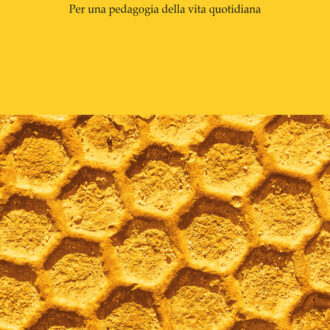ABSTRACT
The British Romantic writers Samuel Taylor Coleridge and Robert Southey held a long-term interest in Quakerism, the nonconformist religion of the Society of Friends, as this article uncovers for the first time. To some extent this interest developed as a dialogue between the two, who first met in 1794. Following Coleridge’s disillusionment with Socinianism, or Unitarianism, both poets declared themselves in private correspondence to be almost Quakers – but without ever joining the Society. Both took a particularly strong interest in George Fox, the principal founder of the Quaker movement, praising his informal, undogmatic approach to religious faith. Quaker abolitionism as well as their strong presence in Bristol and especially Cumbria, where Coleridge and Southey lived, were key factors in their attraction. However, Coleridge and Southey considered the Quakers of their own day excessively formal, and they preferred to idealize the early, seventeenth-century movement. This distinction laid the foundation for their turn against Quakerism, which primarily took the form of an objection to the Quaker peace testimony as dangerously unpatriotic during the Napoleonic Wars. A comparison of Southey’s unpublished manuscript «Life of Fox» with his Life of Wesley shows that his opinions of the respective merits of Quakerism and Methodism as forms of religious «enthusiasm» had reversed by the 1820s.
Keywords: Romanticism, Quakers, Coleridge, Southey, nonconformity
Questo saggio dimostra per la prima volta che gli scrittori romantici britannici Samuel Taylor Coleridge e Robert Southey hanno nutrito un interesse duraturo per il quaccherismo, la religione nonconformista della Società degli Amici. In qualche misura questo interesse si sviluppò come un dialogo tra i due, che si incontrarono per la prima volta nel 1794. In seguito alla disillusione di Coleridge nei confronti del socinianesimo, o unitarianismo, entrambi i poeti si dichiararono, nella corrispondenza privata, quasi quaccheri, ma senza mai aderire alla Società. Entrambi si interessarono particolarmente a George Fox, il principale fondatore del movimento quacchero, lodando il suo approccio informale e non dogmatico alla fede religiosa. L’abolizionismo quacchero e la loro forte presenza a Bristol e soprattutto in Cumbria, dove Coleridge e Southey vivevano, furono fattori chiave della loro attrazione. Tuttavia, Coleridge e Southey consideravano i quaccheri del loro tempo eccessivamente formali e preferivano idealizzare il movimento del primo Seicento. Questa distinzione pose le basi per la loro critica al quaccherismo, che prese principalmente la forma di un’obiezione alla testimonianza di pace dei quaccheri come pericolosamente antipatriottica durante le guerre napoleoniche. Un confronto tra il manoscritto inedito di Southey Life of Fox e la sua Life of Wesley mostra che le sue opinioni sui rispettivi meriti del quaccherismo e del metodismo come forme di ‘entusiasmo’ religioso si erano invertite negli anni Venti del XIX secolo.
Parole chiave: Romanticismo, Quaccheri, Coleridge, Southey, nonconformismo












Recensioni
Ancora non ci sono recensioni.